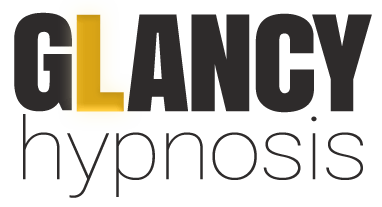Conversational Hypnosis: How words influence your subconscious

You may have heard the term conversational hypnosis before but what does it actually mean? When we think of hypnosis we often think of a stage act where audience members are persuaded to act out ridiculous scenarios. And while this is hypnosis of a sort it’s not what we are talking about when we talk about general hypnosis carried out by professionals. In this article, you’ll read more about conversational hypnosis and what makes it different.
Conversational hypnosis differs from normal hypnosis in the sense that the subject is not in a trance like state. At least not in a trance as we would normally expect with hypnosis. Hypnosis of any kind is simply communicating with and having influence over the subconscious mind. And here we’re talking about doing just that but simply doing so by the use of words.
So then that brings up the question; Is normal conversation hypnosis? And that’s not as simple and black and white an answer as you might expect. Different people will have different answers. But here’s my take on it. All language is hypnotic, words are hypnotic. If I describe to you the nice succulent grilled steak that I ate last night, that was served to me along with fries and a selection of sauces. and if I use enough detail, and paint a picture for your mind. Your subconscious mind will cause your mouth to salivate in response. It’s this influence over someone else subconscious that is the essence of hypnosis. The line between normal conversation and hypnosis is crossed when the words used are used deliberately and strategically to bring about a subconscious change of mind state.
So where is this hypnosis used, and does it have a purpose in everyday  life? Medical Daily recently published an article in which they demonstrated how doctors used conversational hypnosis when talking to patients shortly before surgery. And they compared the results with patients who were given the standard medication to relax them prior to surgery. The results were surprising. Using the ANI test they showed that patients who had received the soothing conversation from their doctor prior to surgery were significantly more relaxed than patients who had just received the normal medication (25mg of Hydroxyzine)
life? Medical Daily recently published an article in which they demonstrated how doctors used conversational hypnosis when talking to patients shortly before surgery. And they compared the results with patients who were given the standard medication to relax them prior to surgery. The results were surprising. Using the ANI test they showed that patients who had received the soothing conversation from their doctor prior to surgery were significantly more relaxed than patients who had just received the normal medication (25mg of Hydroxyzine)


